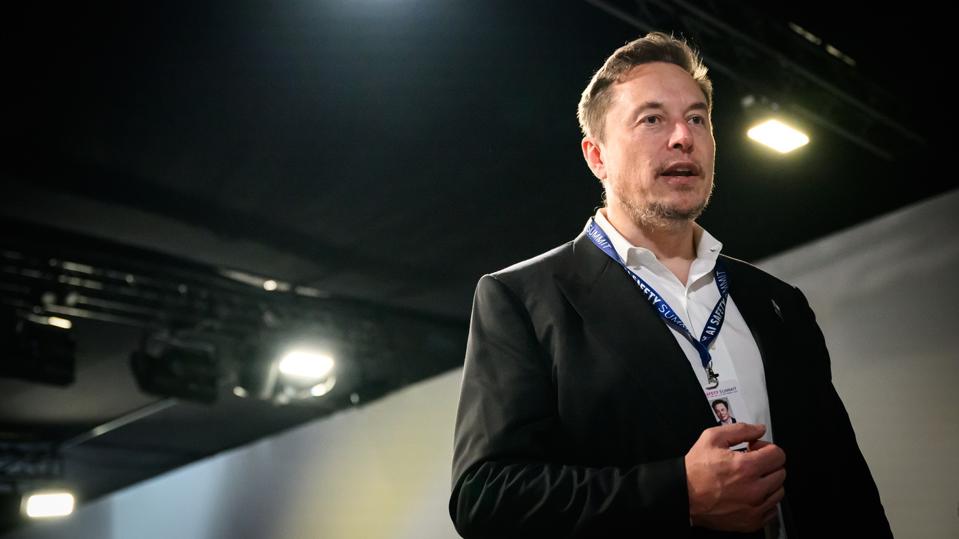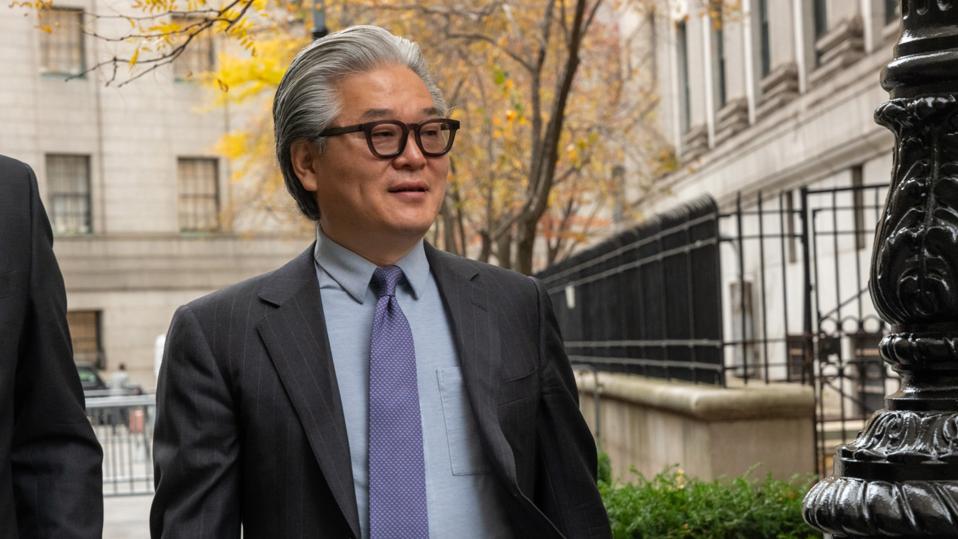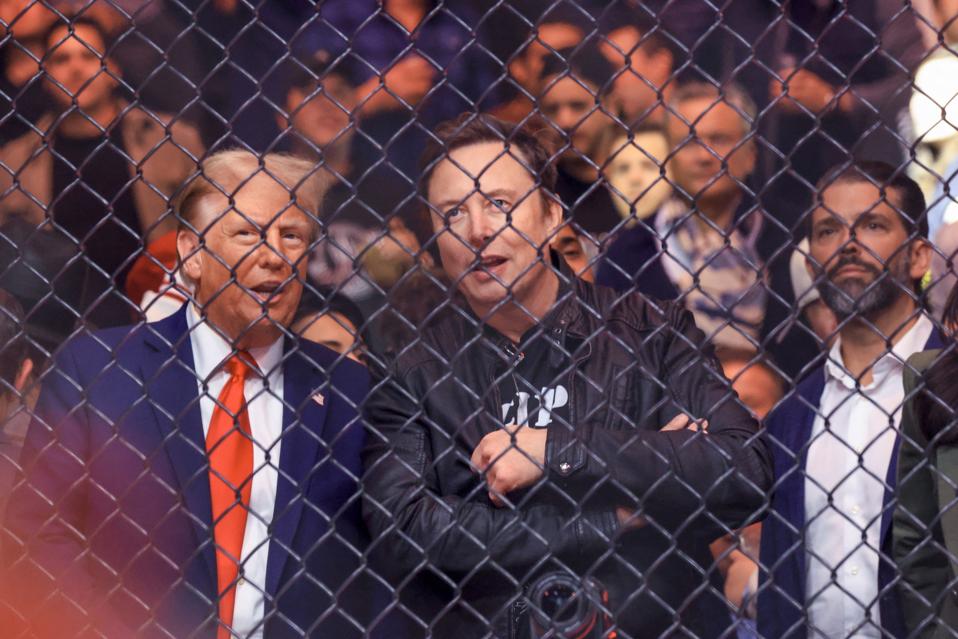Elon Musk on Monday revived a lawsuit against OpenAI and its founder Sam Altman, claiming the company has prioritised the development of artificial intelligence for profit instead of the benefit of humanity, weeks after Tesla’s chief executive withdrew his original suit and revitalising a yearslong feud between Musk and the company.

Musk withdrew an original lawsuit earlier this year, after claiming OpenAI and its founders were developing AI to “maximize profits” instead of benefiting humanity.
Getty Images
Key Takeaways
- In the new complaint, Musk alleges OpenAI, Altman and co-founder Greg Brockman breached OpenAI’s founding contract from 2015 by developing AI for “personal profits,” claiming Altman “stands to make billions” from the company, instead of for the “benefit of humanity.”
- Musk filed a similar lawsuit in February but withdrew the suit in June, a day before a judge was scheduled to rule on whether it should be dismissed, though Musk did not explain his decision to back out.
- Altman and Brockman approached Musk—who later agreed to help fund the project—in 2015 to launch a non-profit organization to develop AI for the public good, a mission that Musk alleges the company and its founders have failed by partnering with Microsoft, according to the latest filing.
- Musk’s lawsuit requests a jury trial and for OpenAI to pay damages that would be determined at that trial, and for a judge to fully or partially nullify OpenAI’s licensing agreement with Microsoft.
- OpenAI did not immediately respond to a request for comment.
Contra
OpenAI responded to Musk’s original lawsuit in a blog post, saying the company’s mission is to ensure AI “benefits all of humanity, which means both building safe and beneficial” technology and “helping create broadly distributed benefits.”
Key Background
Musk filed a lawsuit against OpenAI and its founders in March, stemming from claims Musk said the company made when helping secure funding from him. OpenAI, founded as a non-profit in 2015, allegedly promised to have its technology be open-sourced to the public while also developing guardrails for AI, Musk said.
OpenAI launched its for-profit arm in 2019, which it said would “rapidly increase our investments” to help ensure AI “benefits all of humanity.” Musk stepped away from OpenAI in 2018, though his filing indicates he continued contributing financially up to late 2020.
OpenAI said Musk acknowledged the company’s need for a for-profit arm to help secure funding, despite his criticism, while also claiming in 2017 that Musk wanted to have a majority equity in the company’s for-profit arm and be its CEO.
Musk has criticised OpenAI’s relationship with Microsoft for years, alleging the company has prioritised profits and shareholder value over AI safety. In his original filing, Musk alleged Microsoft “stands to make a fortune” from selling GPT-4, the company’s AI model, which would “not be possible” if OpenAI made its technology available and free to the public “as it is required to do so.”
Forbes Valuation
Musk is the richest person in the world with a net worth of $226.9 billion, according to our latest estimates.
Look back on the week that was with hand-picked articles from Australia and around the world. Sign up to the Forbes Australia newsletter hereor become a member here.


